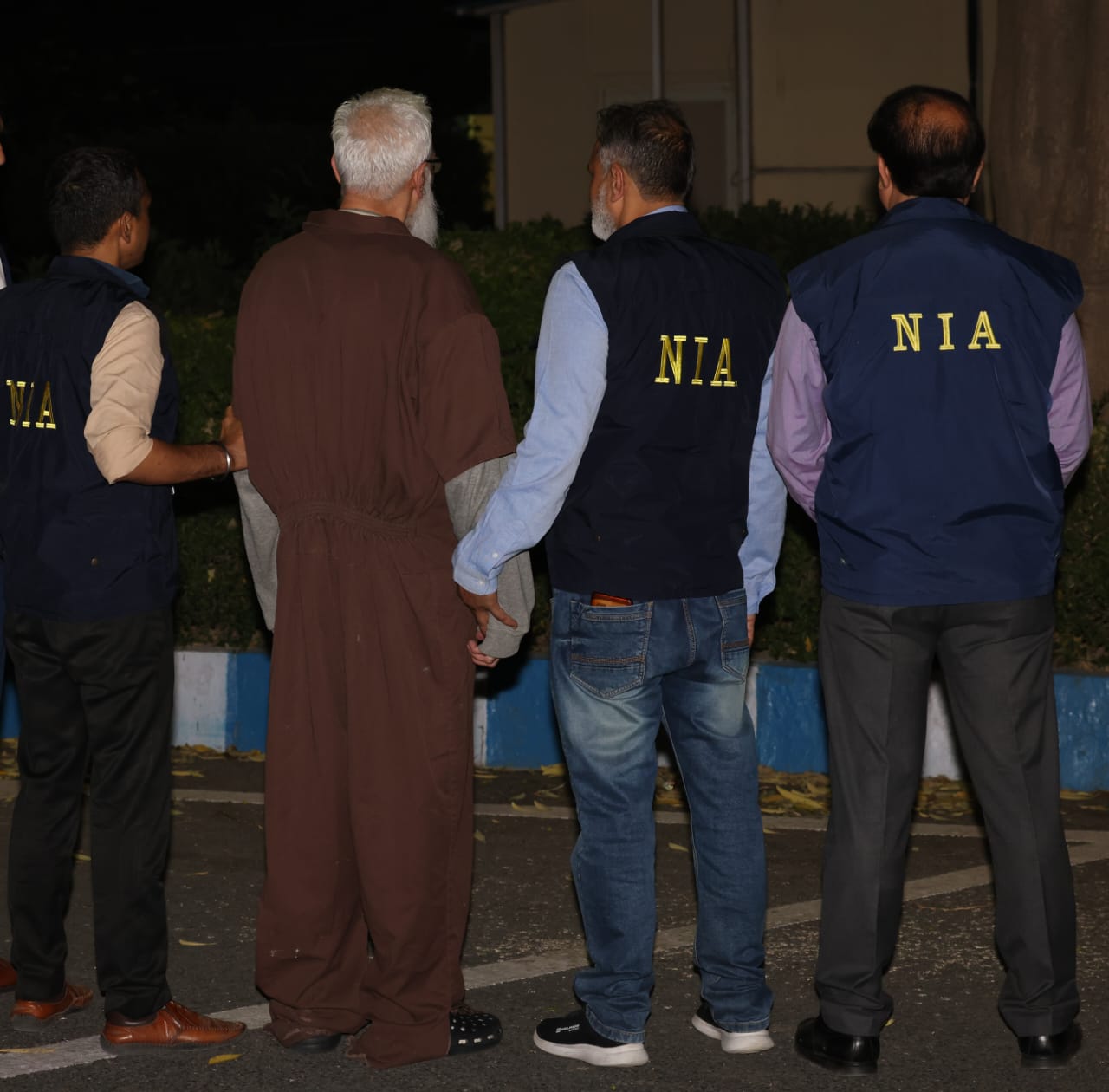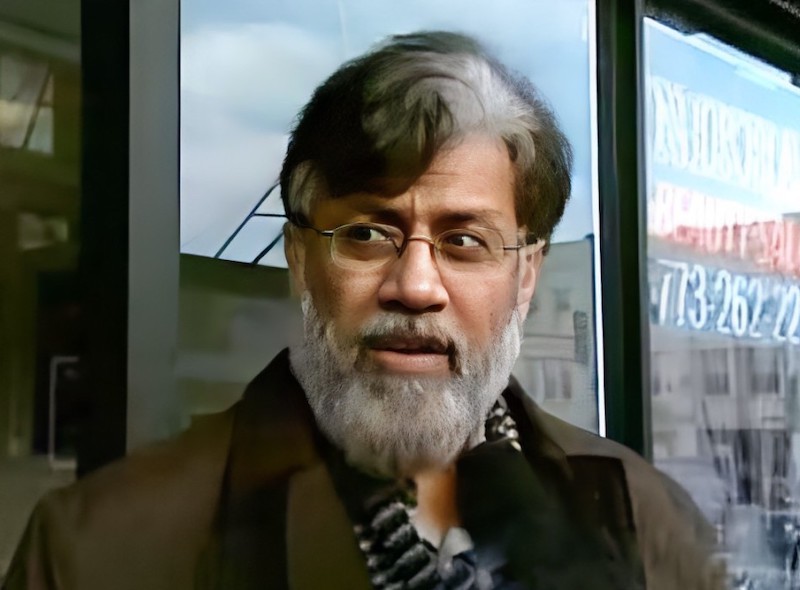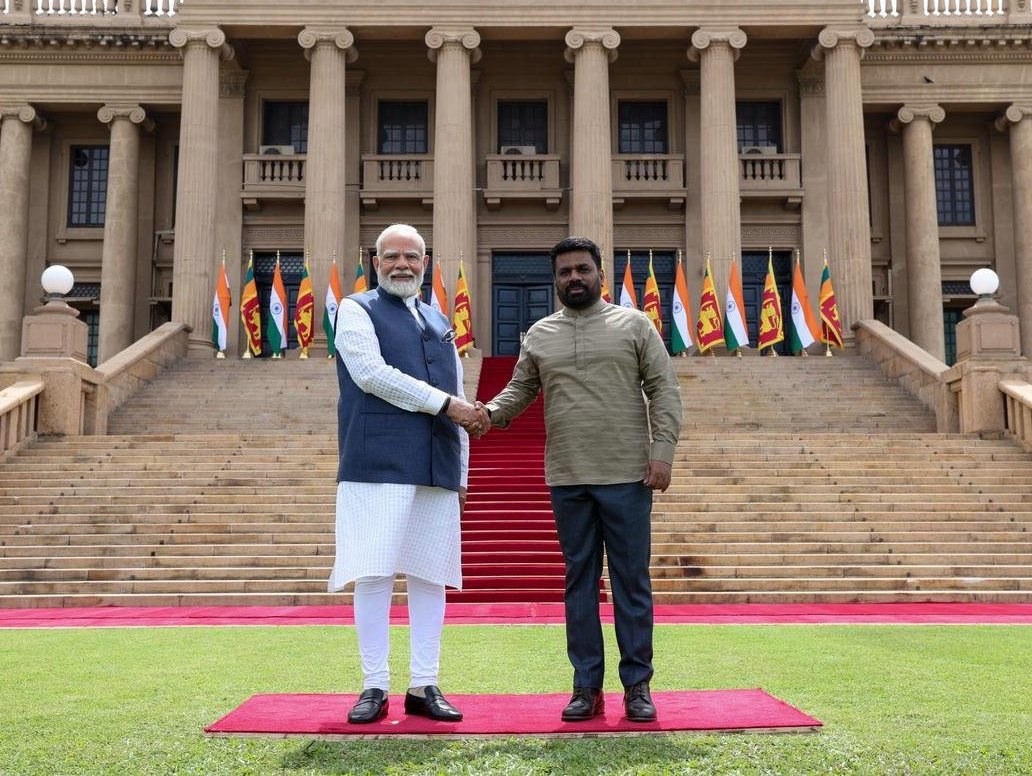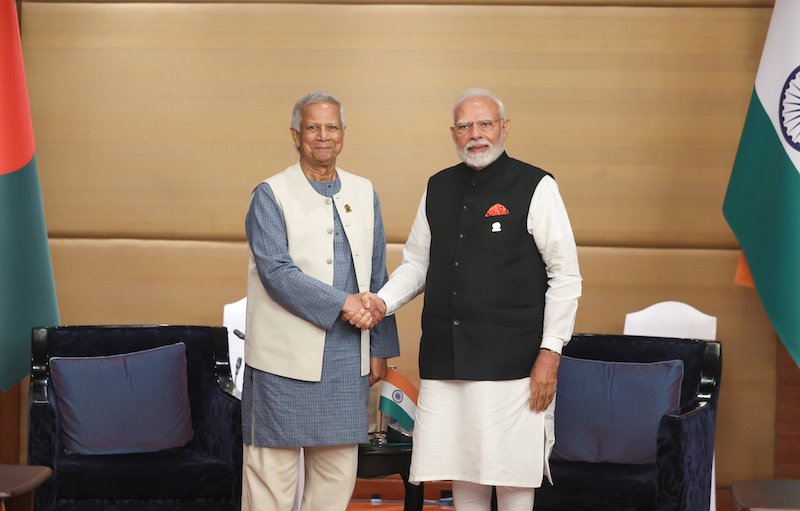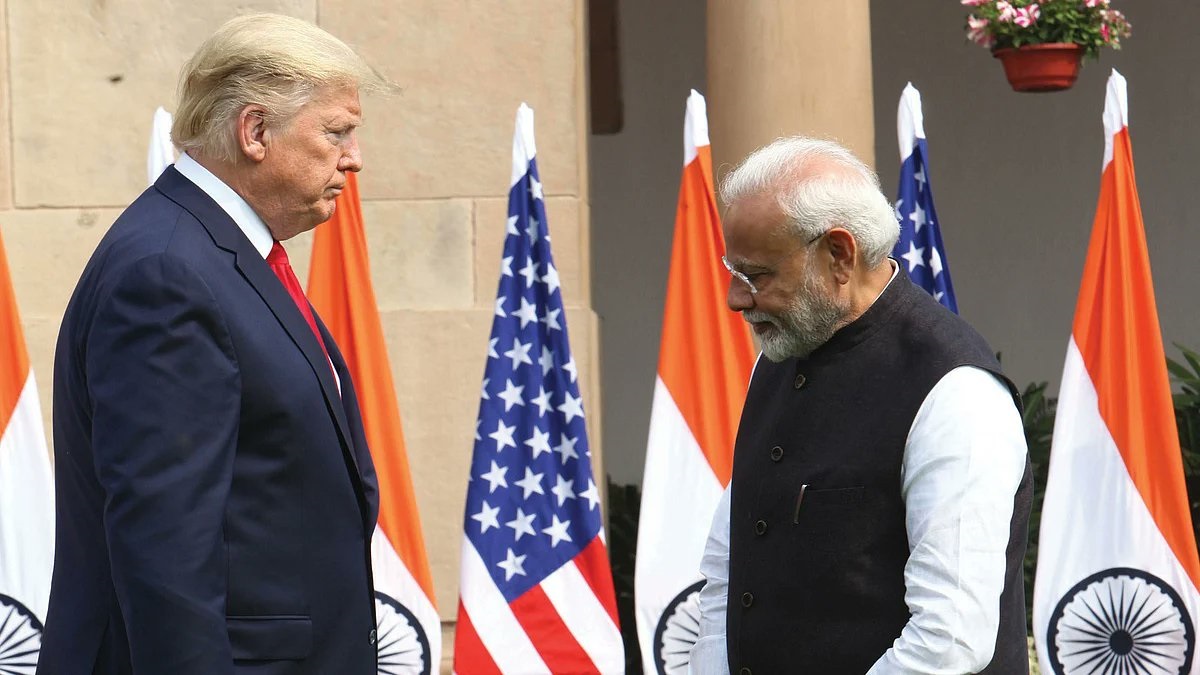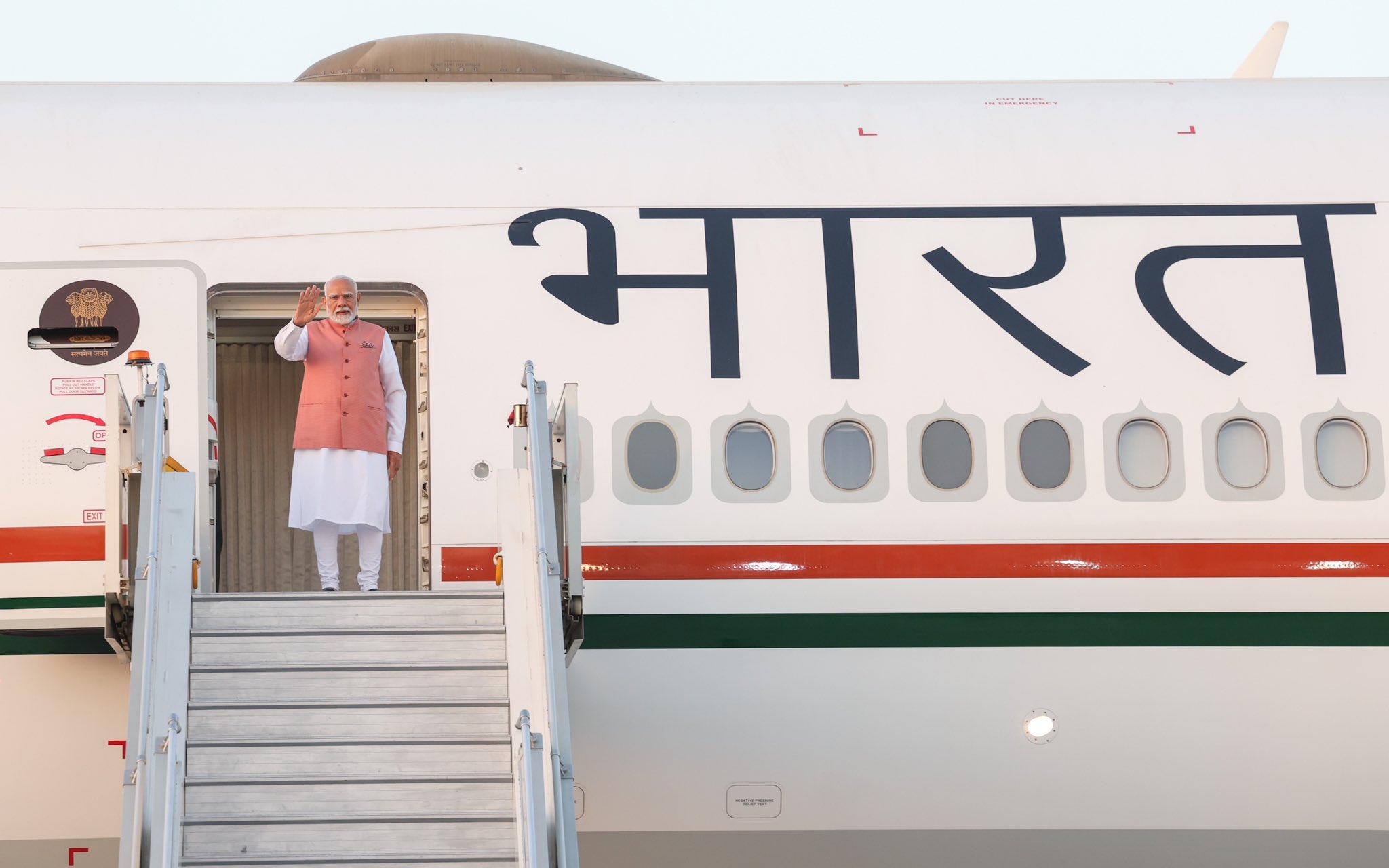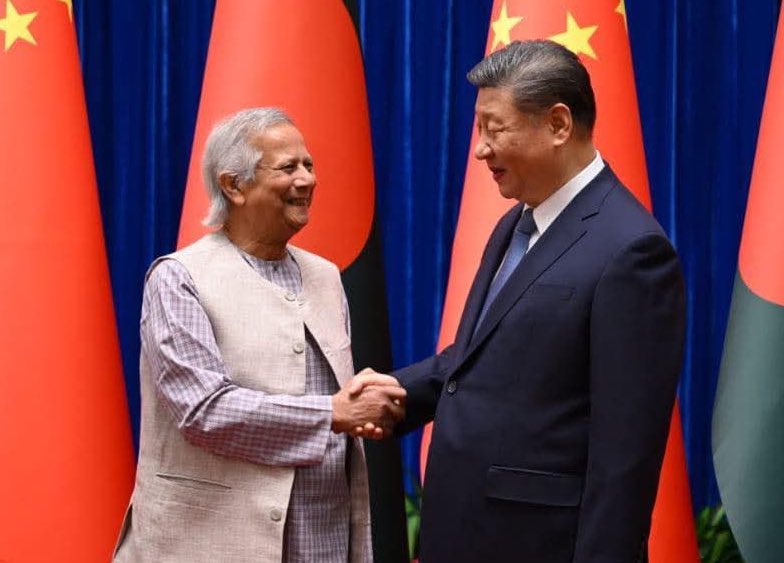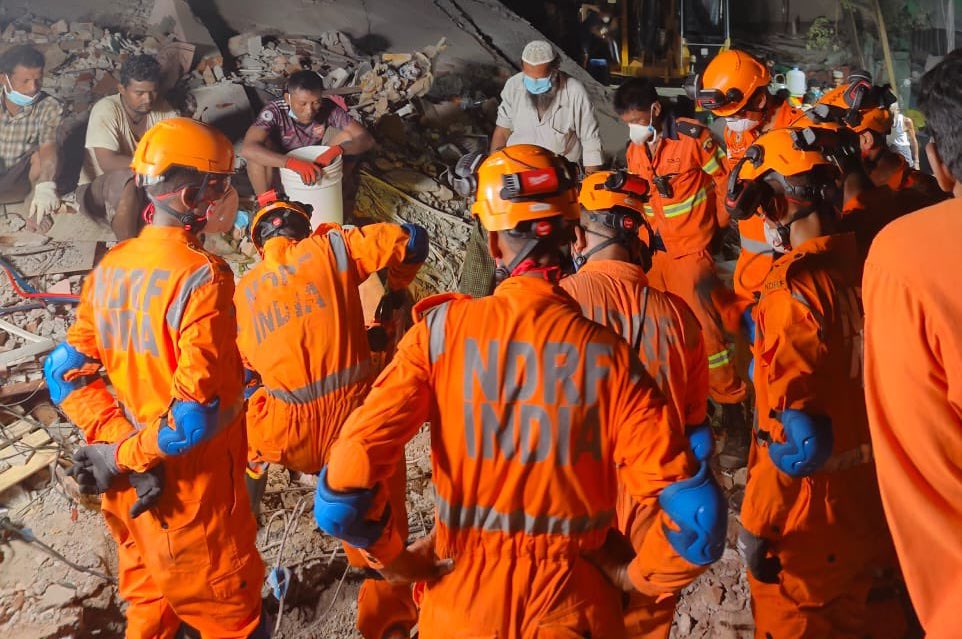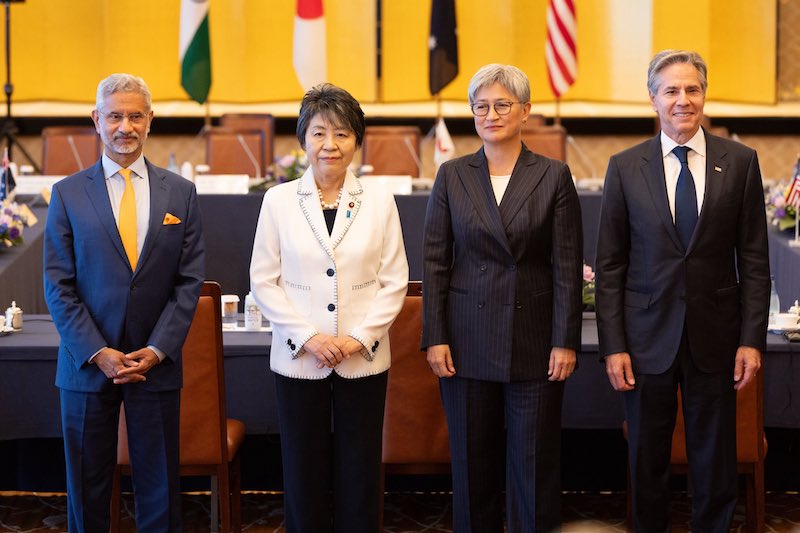 From L to R: S Jaishankar, Yoko Kamikawa, Penny Wong, and Antony Blinken. (Photo: X/@USAmbJapan)
From L to R: S Jaishankar, Yoko Kamikawa, Penny Wong, and Antony Blinken. (Photo: X/@USAmbJapan)
New Delhi: Foreign ministers from the United States, India, Japan, and Australia, collectively known as the Quadrilateral Security Dialogue or “Quad”, convened in Tokyo for a meeting on Monday. The meeting is widely seen as an important one in the rapidly changing geopolitical dynamics in Asia and the Indian Ocean Region (IOR).
The discussions centred on maritime security, bolstering cyberdefences, humanitarian aid, and leadership programmes. During the 8th Quad Foreign Ministers’ Meeting, the Quad partners also agreed that no single country can tackle regional issues alone.
In the meeting, the US secretary of state, Antony Blinken; India’s foreign minister, S Jaishankar; Japan’s foreign minister, Yoko Kamikawa; and Australia’s foreign minister, Penny Wong; reaffirmed their commitment to delivering tangible benefits to the IOR.
However, China loomed large over the Quad foreign ministers’ summit. Although the ministers didn’t name China directly, it was evident from their remarks that China’s growing military power, assertiveness and influence in the IOR is increasingly making the stakeholders in the region uneasy.
In his opening statement, Jaishankar said the Quad’s commitment to doing global good has an effect far beyond the IOR. He said only collaboration between the Quad partners can ensure that the IOR remains free, open, stable, secure, prosperous.
The top Indian diplomat said, “It is therefore essential that our political understanding strengthens, our economic partnerships grow, technology collaborations expand, and our people-to-people comfort intensifies. Our meeting should send a clear message that the Quad is here to stay, here to do, and here to grow.”
My opening statement at the Quad Foreign Ministers Meeting in Tokyo.
— Dr. S. Jaishankar (@DrSJaishankar) July 29, 2024
?? ?? ?? ?? pic.twitter.com/pZmji7clSz
Jaishankar’s remarks are seen as a signal to Beijing, with which New Delhi has a festering border dispute.
During her opening remarks at the start of the meeting, Australia’s Wong, without naming China, said, “We all know our region and our world are being reshaped. We all understand we face the most confronting circumstances in our region in decades,” adding, “We all cherish the region’s peace, stability and prosperity and we all know it is not a given, we all know we can’t take it for granted.”
In her address, Japan’s Kamikawa emphasized on the need to build up cybersecurity capabilities and provide training opportunities in maritime security to protect and enhance prosperity in the IOR.
In his opening remarks during the meeting, the US’s Blinken said, “Now, we have conflicts – Gaza, Ukraine, South Sudan – they get a lot of attention, understandably. But even as we're doing what we need to do, what we must to try to bring these conflicts to an end … we have not lost sight and indeed we are resolutely focused on this region that we share.”
It may be mentioned that Blinken met the Chinese foreign minister, Wang Yi, in Laos, on Saturday, where he repeated that the US and its partners want to maintain a “free and open Indo-Pacific” in the context of China claiming total sovereignty over the disputed South China Sea, militarizing it, and hindering maritime navigation of other countries.

